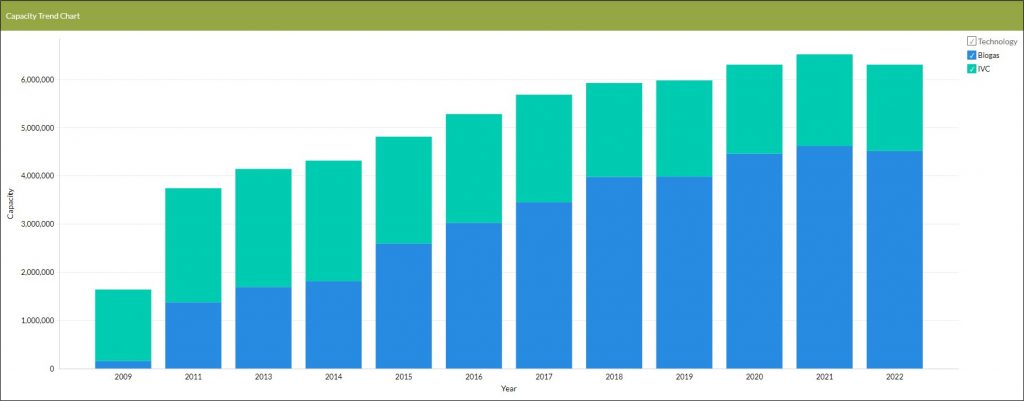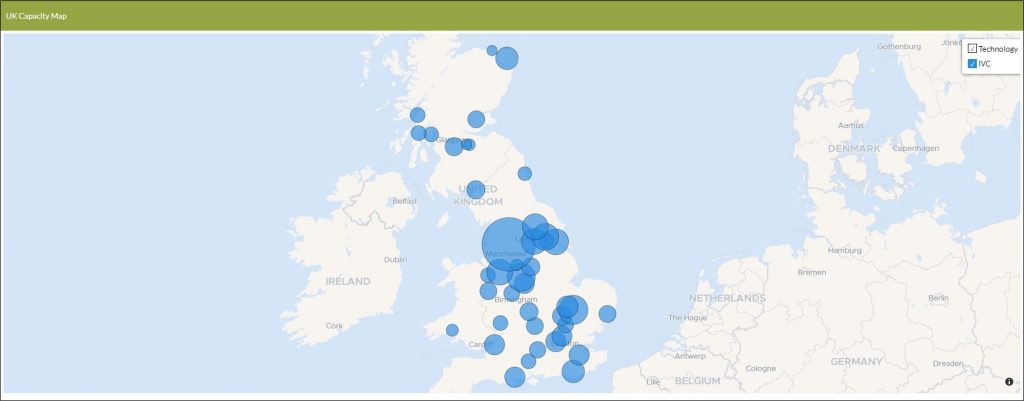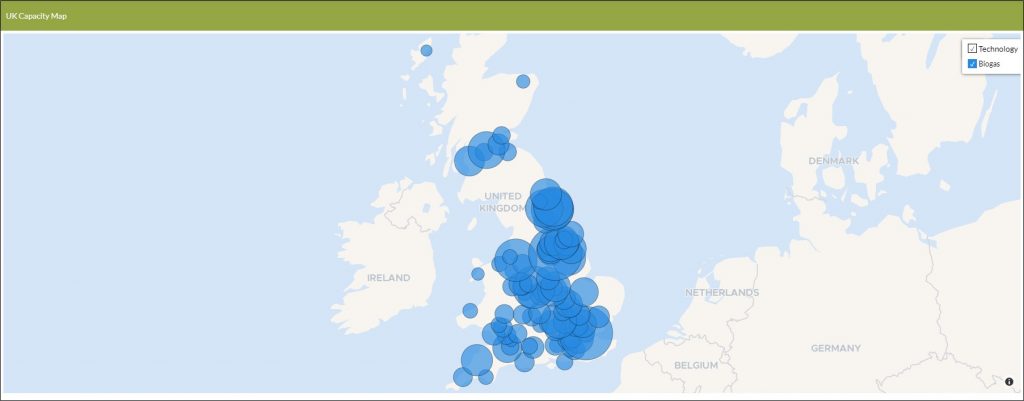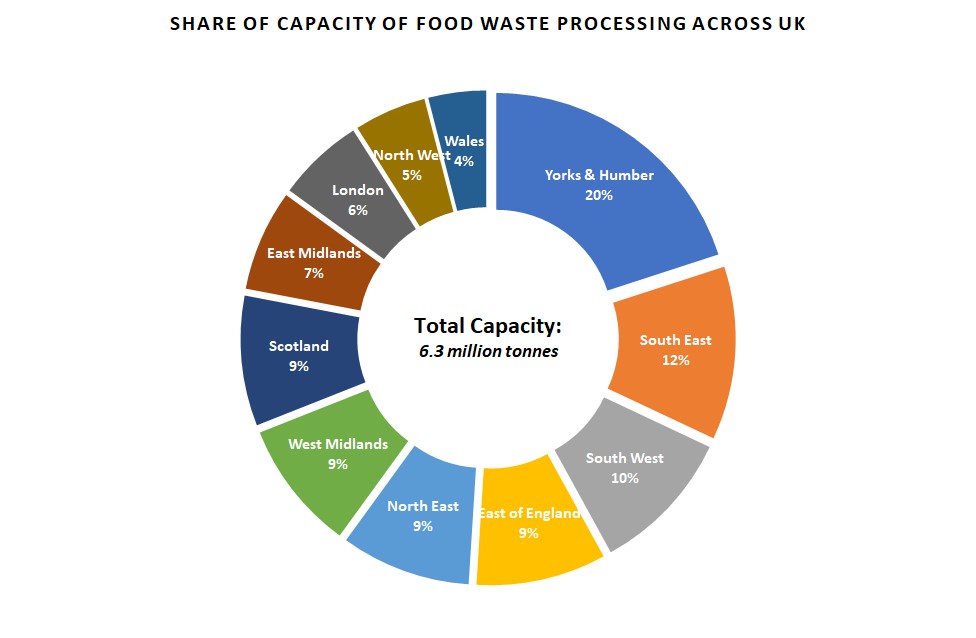Biowaste Processing Update – July 2022
Biowaste Processing Update – July 2022
The Food Waste Recovery Dashboard from Footprint Services has been updated based on Defra approved premises data to reflect developments up to Summer 2022.
In the past decade, the UK has witnessed a transformation in food waste processing, with the dramatic rise in Anaerobic Digestion (“AD”) countered by a corresponding decline in the use of In-Vessel Composting (“IVC”). The Consortium of In-Vessel Composting Operators, which comprises of companies such as Biowise, Envar, Brosters Environmental, Vital Earth and Ryedale Organics, has expressed concern about the apparent ‘bias’ within Defra, given the apparent favouring of one technology (biogas) over another (IVC). Under current plans, Local Authorities are advised to transition to a weekly separate food waste collection as soon as the current contract allows. This would be detrimental to the tonnage of feedstock available to the IVC operators which rely on the co-collection of green waste and food waste.

Chart 1 – AD and IVC Capacity Across The UK
The effect of the policy bias can be seen in Chart 1, where the expansion of the biogas sector has seemingly been at the expense of the IVC operators. The narrative has been more nuanced than shiny biogas plants ‘forcing out’ local composting companies; a number of former composting sites have made the switch themselves, replacing their composting vessels with biogas systems. The overall capacity of processing sites across the UK licenced to receive food waste with animal by-products has reached a plateau of six million tonnes, with little by way of strategic policy promotion or incentivisation at a Governmental level in recent years.
 Chart 2 – IVC Capacity Across The UK
Chart 2 – IVC Capacity Across The UK

Chart 3 – Biogas Capacity Across The UK
Defra remains committed to separate food waste collections, although the planned rollout by 2023 is now likely to be 2024 … or 2025 … or when the right infrastructure is in the right place (see Defra Coy On Delay To Mandatory Food Waste Collections). Recently, Derbyshire Dales District Council suspended their food waste collections because of the closure of a local Vital Earth IVC (see article), indicating there is currently a fragile balance between collections and available capacity.
Certainly, the geographic spread is not uniform, with Yorkshire and Humber hosting the largest percentage capacity (combined AD and IVC), and over 50% of the national capacity within the four areas of Yorks & Humber, South East, South West and East of England:

Chart 4 – Processing Capacity Share Across UK
A version of the dashboard filtered for the South East and South West can be found here.
